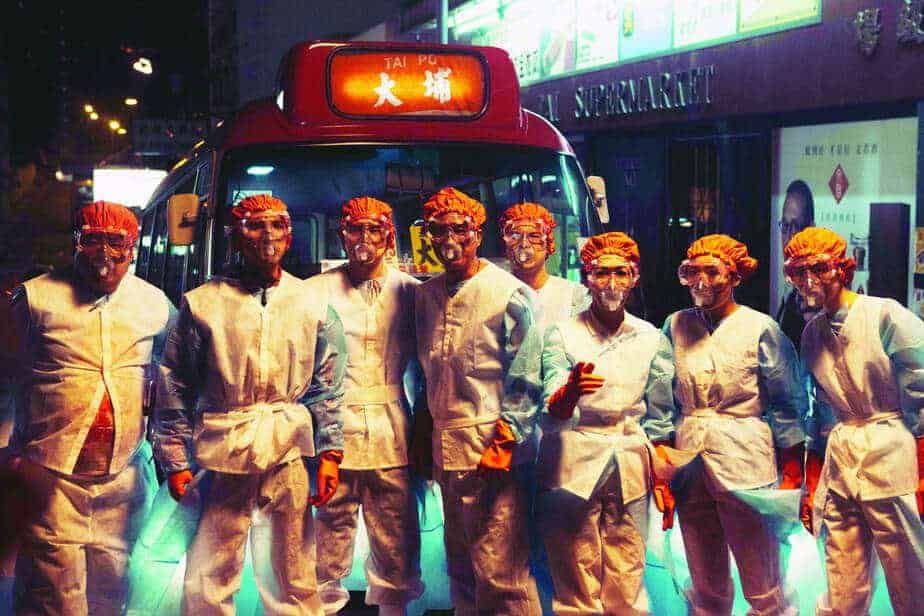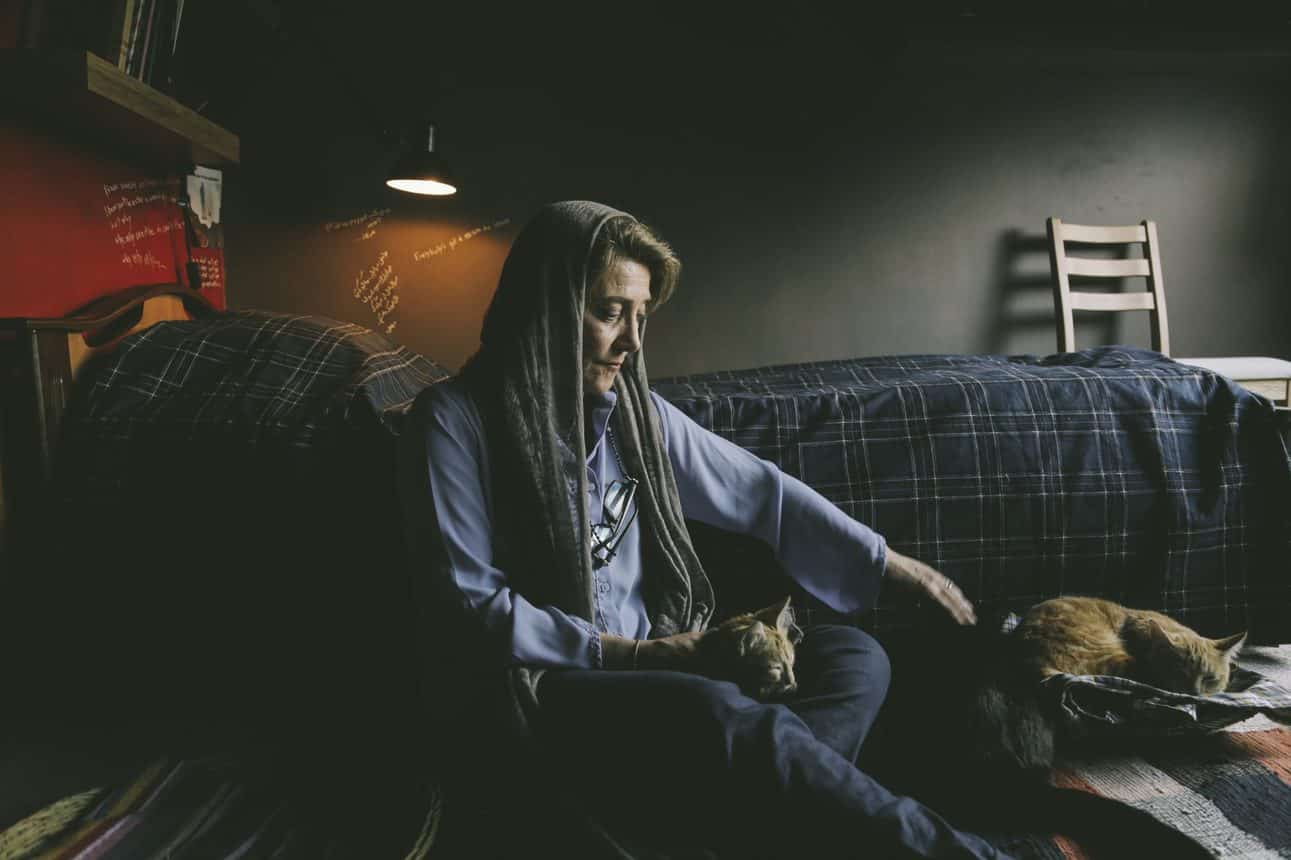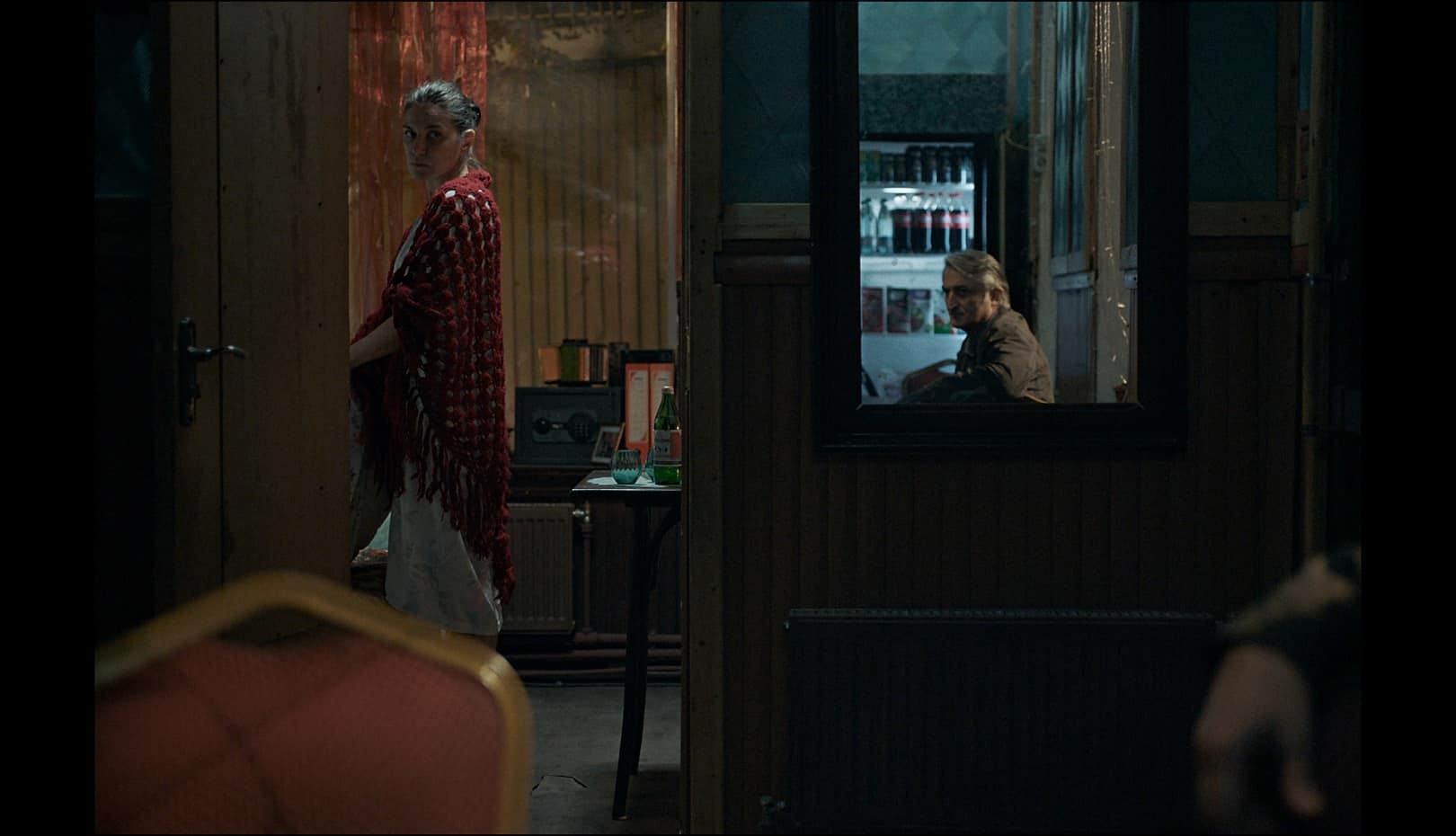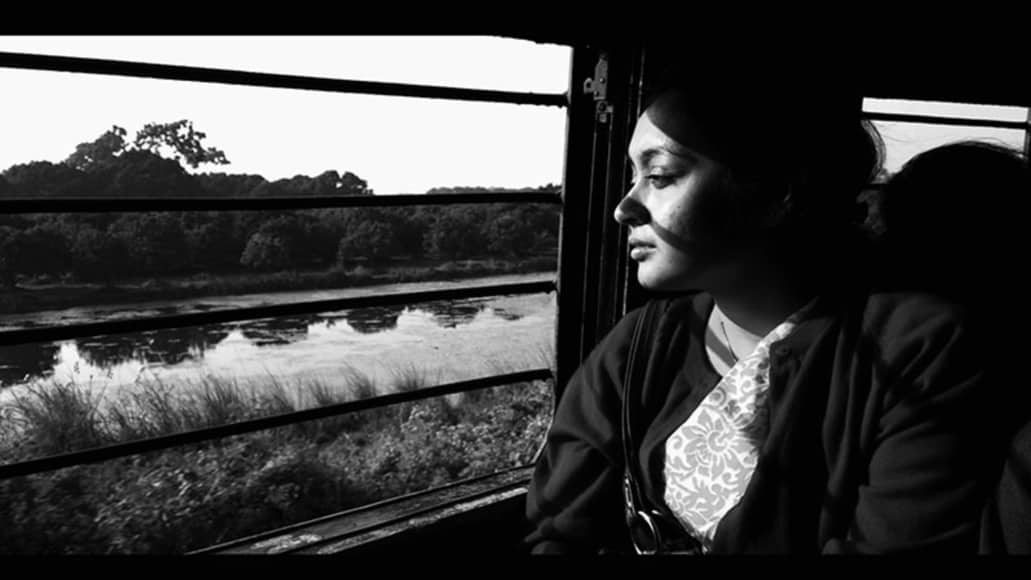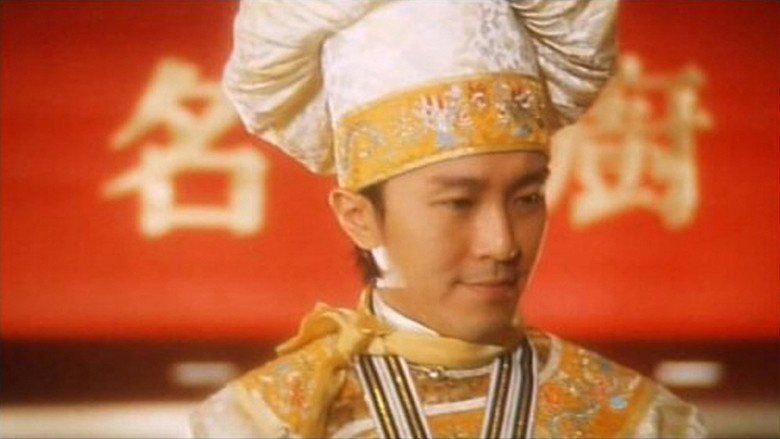Based on the web-novel “Lost a Red Mini Bus to Taipo”, by 25-year-old Hong Kong writer nicknamed “Mr. Pizza”, “The Midnight After” was considered as Fruit Chan's return to form by both audience and critics.
Buy This Title
The dystopian, surrealistic, parodying base of the film has seventeen people on board a Hong Kong minibus going to Tai Po from Mongkok, experiencing a rather intense series of events, after they realize they seem to be the only ones left in the whole city. Driver Suet, Yau Tsi-chi and Yuki, who are visiting their respective dates, Fat, an aging gangster, Mook Sau-ying, a fortune-telling insurance saleswoman, Shun, a computer technician, Pat and Bobby, a married couple, Blind Fai, a drug addict, Auyeung Wai, a music store salesperson, Lavina, a quiet, buck-toothed woman, Airplane and Glu-Stick, rowdy boys, and university students Tsing, Peter, Dawg, and Hung are the passengers and the protagonists of the film. The ones who go down the bus seem to suffer terrible fates, with the same, however, occurring to a number of the passengers, as they start to realize that something terrible has happened.
Each person has its own way to cope with things, but when Shun discovers that the intense sounds they have been hearing is actually Morse code mirroring lyrics from David Bowie's “Space Oddity”, and a man in a mask who is soon revealed to be Japanese, appears, the story takes a truly surrealistic turn.

Fruit Chan directs a film that is filled with context through allegories and metaphors, but his biggest accomplishment is that he manages to make “The Midnight After” work in a number of levels (entertaining, contextual etx) without the story making complete sense, in a trait that could be perceived as genuinely Hong Kongese.
Regarding the context however, the film seems to deal with the collapse of the values of society and the concept of being Hong Kongese in cultural terms, amidst all the influences coming from the West. In order to present this rather pessimistic comment about the future of the country, Chan used a number of characters of different ages, professions, financial and social status, all of which, however, seem to go nowhere, at least until the point they decide to unite, in a way. The comment about still being animals is another one, mostly represented through the Lavina-Airplane-Glu-Stick arc, which is the most violent in the film , while its conclusion reminded me much of Park Chan-wook's “Sympathy for Lady Vengeance” .
The whole concept of the number of extreme and, in essence, funny characters placed in a dystopian film setting also works quite well in the film, in a style that, this time, reminded me of Bulgakov's “Master and Margarita” particularly in the way that the characters and the events are metaphors, but also function quite good as a separate slapstick story. This aspect benefits the most by the acting, or more properly, casting, since the film includes the crème de la crème of HK cinema: Simon Yam, Kara Hui, Lam Suet, Sam Lee and the gorgeous Janice Man share their time on screen, making an impression even though most of the parts are relatively small. The acting aspect is truly highlighted after the meeting in the restaurant, where the stageplay-like premises allow the cast to truly shine, both individually and in their chemistry.

Lam Wah-chuen's cinematography is quite polished but very fitting, with him presenting the plethora of settings that appear in the film with an eccentricity that definitely suits its general aesthetics. Tin Sup Fat and To To's work in editing the film is also very good, with them changing tempo depending on the sequence, with the pace suiting the different ones harmonically, and the same applying to the connection between the quite different scenes.
One could write much about the references of language, pop culture, SARS, and many others in the film, but I would rather close the review here, as the analysis would lead to socioeconomical/political paths, rather than cinematic ones. In that fashion, “The Midnight After” is a very interesting production that manages to work both as a quirky/surreal dystopian film and as a comment regarding the current and future situation of Hong Kong.


